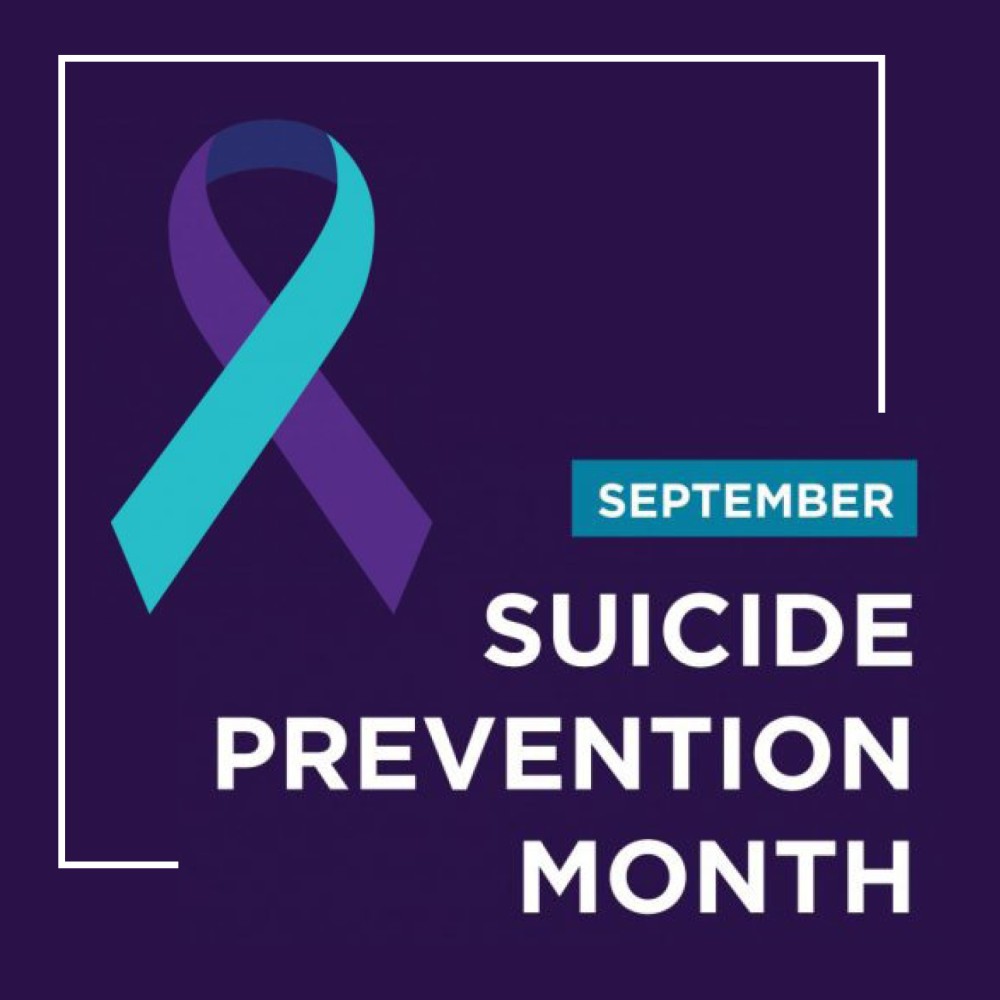
September is National Suicide Prevention month, and in 2020, the Centers for Disease Control and Prevention (CDC) reported that the construction industry had one of the highest rates of death by suicide among their workers, 5,242 in 2018, which was five times higher than U.S. construction worker fatalities on jobsites.
An often-overlooked part of workplace safety is mental health; and as the leading occupation for death by suicide, it's time to take psychological safety within the industry seriously.
ON THE JOBSITE
There are several reasons that a mentally healthy workers is important for a construction jobsite, the first of which is, of course, the safety and well-being of your crew. A happy and healthy workforce is a more productive workforce. Some of the key signs of mental distress, in fact, are lethargy, lack of motivation, difficulty concentrating or absenteeism --- all of which hinder productivity and safety in some way.
A brutally honest rationale for good mental health beyond the thousands of dollars lost due to lower productivity is that the construction industry is already knee-deep in a workforce shortage. In an industry that is already perceived as dirty, dangerous and outdated, let's not add an unsupportive and unhealthy mental work environment to the list.
IT DOESN'T HAVE TO BE ILLNESS-RELATED
Mental health doesn't have to be related to an illness to affect a person. It could be an effect of a personal loss, financial issues, relationship problems or a slew of other circumstances that can contribute to a person's mental well-being and their ability to concentrate. In an industry that is consistently in risky environments and operating dangerous, heavy equipment, distractions or an inability to focus on the task at hand puts both the workers and the public at risk.
Long hours can produce both mental and physical fatigue, and constant job relocation can result in poor connection to one's family and friends, causing a feeling of isolation. The added obstacle of COVID-19 added stresses of unemployment with no foreseeable resolution, helping create an unprecedented amount of insecurity that can have significant emotional and mental health consequences.
Another overlapping issue inside our industry? The opioid epidemic. The physical demands of the job can lead to self-medication through alcohol, drugs or opioids, which increases the likelihood of suicide.
CREATING A SAFE + COMFORTABLE ENVIRONMENT
When looking at environments where people feel comfortable sharing things that are happening in their lives --- because sometimes the simple act of talking about it can be enough --- it's about creating the systems and structures where an honest dialogue about a person's mental state can be addressed. An open communication system can empower a fellow coworker to ask the simple question, "Are you okay? Do you feel safe to be here?" If the worker states he or she is okay to perform the job at hand, at least the coworker knows to keep a closer eye on the person for their own safety and the safety of their crew.
Leaders should know the signs to look for and make it a part of their routine inspection process. "If you're asking people on a daily basis 'How are you doing today?' whenever your concerns go up a bit, it's already a part of your communication strategy," says Dr. John Pompe, Global Manager of EAP and Employee Health Programs at Caterpillar Inc. Possibly even more important than asking the question, is be sure you are equipped to receive an answer. "Listen, show compassion and empathy, and be prepared to problem solve and offer resources."
Moral of the story: ask the question. Get your employees talking. It could save a life.
KEEP LEARNING. KEEP LISTENING. KEEP TALKING.
In 2016, the Construction Industry Alliance for Suicide Prevention (CIASP) was created in partnership with the Construction Financial Management Association (CFMA) to build awareness in the industry and create resources for contractors to take action. "Shifting the culture to one with consideration for the employee's mental health and suicide risk management is a key area where we can help push people toward help instead of further from help and deeper into that sense of despair," says Michelle Walker, VP of Finance and Administration at SSC Construction.
National Resources: National Alliance on Mental Health | National Institute of Mental Health | National Action Alliance for Suicide Prevention | Centers for Disease Control and Prevention (CDC) | Suicide Prevention Resource Center | National Suicide Prevention Lifeline - 1-800-273-8255 | Crisis Text Line - TEXT 741741.
Construction Industry Resources: Toolbox Talk Safety Meeting Agenda Worksheet | MindWise Screening | LivingWorks | Cat.com/safetyleadership | WEBINAR - Mental Health on the Jobsite | NPR Morning Edition - A Construction Company Embraces Frank Talk About Mental Health to Reduce Suicide | Drug Abuse Hotline